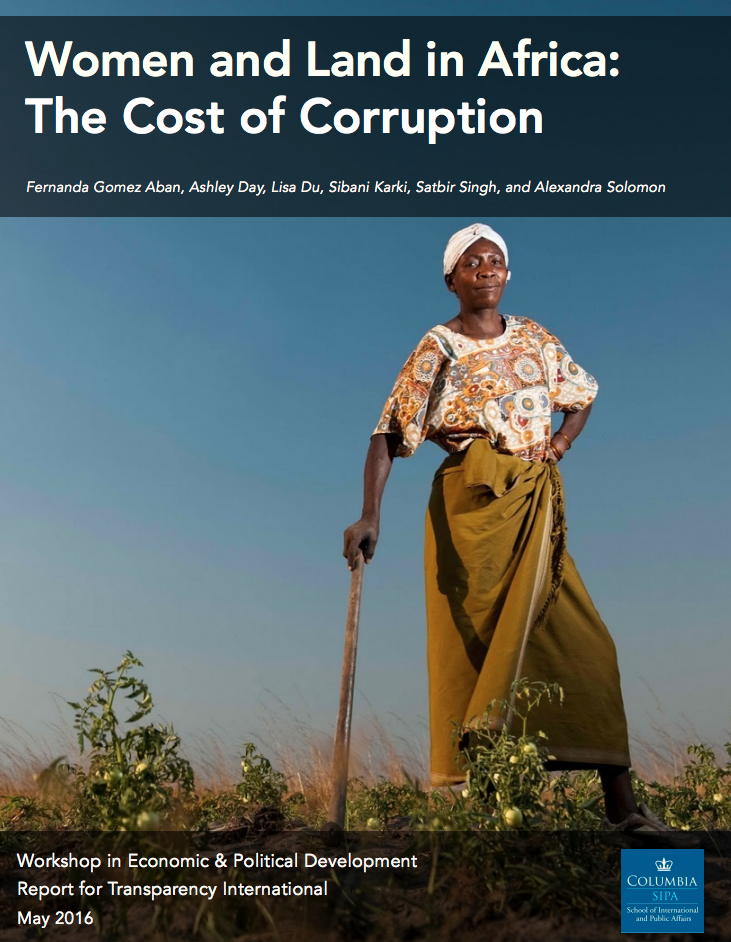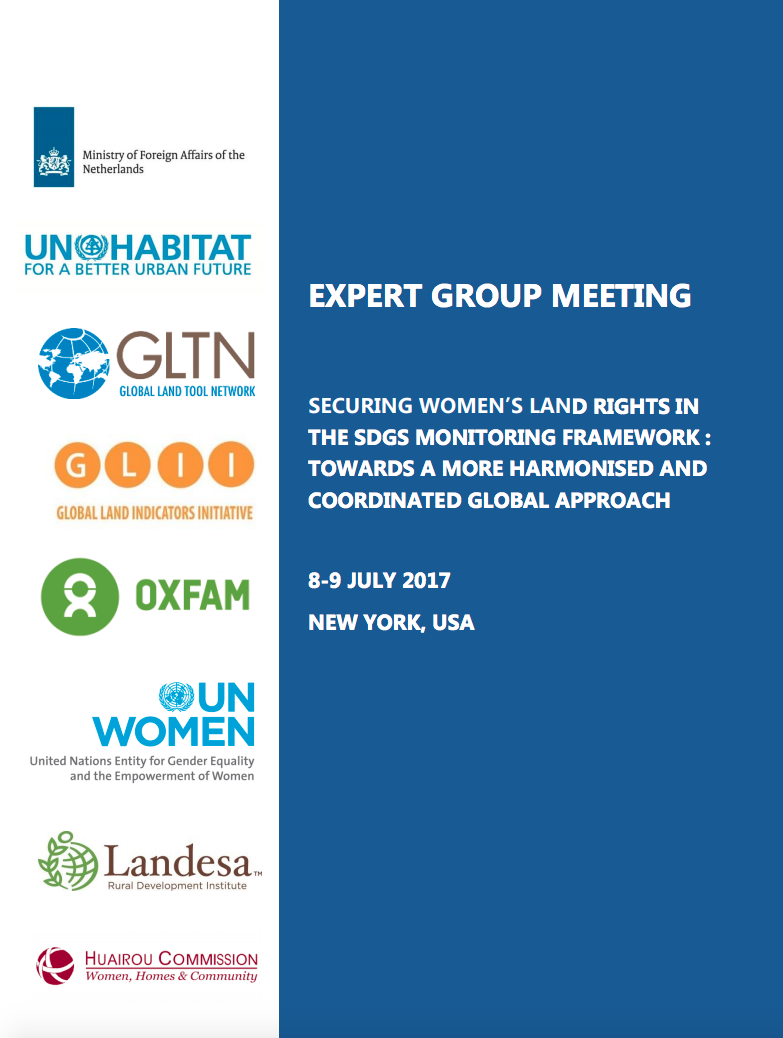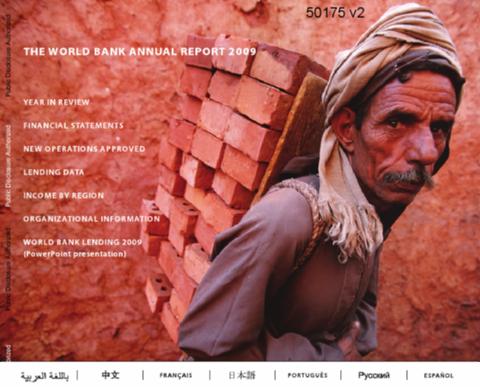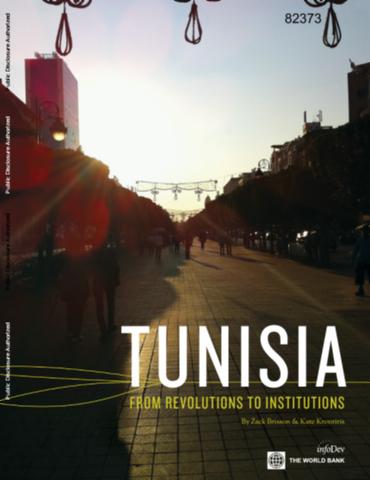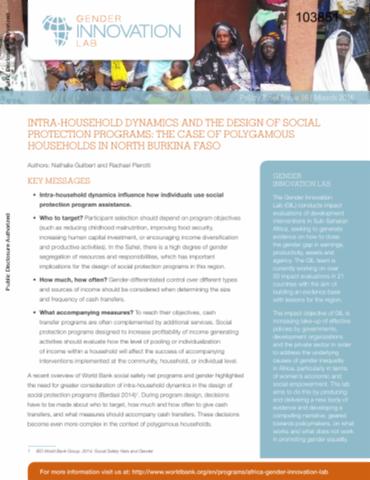Women’s Inheritance Rights to Land and Property in South Asia
This study was undertaken by the Rural Development Institute for the World Justice Project. The study reviews the formal and customary laws and practices governing the rights of women to inherit land in six South Asian countries (Afghanistan, Bangladesh, India, Nepal, Pakistan, and Sri Lanka). The study includes an analysis of existing laws and customs and their impact on inheritance and land rights in all six countries. It also provides recommendations for how to design interventions that can attempt to improve women’s inheritance rights.



